As she stepped onto the scale, Sarah felt a mix of emotions: excitement, hope, and a hint of trepidation. She had been taking Ozempic, a medication that had helped her lose a significant amount of weight, but the nausea that came with it had become unbearable. She wasn't alone - many people who take GLP-1 medications like Ozempic and Wegovy experience nausea, a side effect that can be debilitating and make it difficult to stick to treatment. But what if there was a way to keep the weight loss benefits of these medications without the nausea? New research is uncovering the hidden brain circuits that could unlock safer, more effective weight-loss and addiction therapies.
For Sarah, the struggle with weight loss had been a long and arduous one. She had tried every diet under the sun, but nothing seemed to stick. That was until she started taking Ozempic, a medication that had been approved for type 2 diabetes but had also been shown to aid in weight loss. At first, the results were nothing short of miraculous - Sarah lost weight rapidly, and her blood sugar levels began to stabilize. But as the weeks went by, the nausea started to set in. It was a constant companion, a nagging feeling that made her feel queasy and lightheaded. Despite her best efforts, Sarah found herself struggling to stick to the medication, and her weight loss stalled.
But Sarah's story is not unique. Millions of people around the world take GLP-1 medications like Ozempic and Wegovy, and while they can be highly effective, they can also come with a host of side effects, including nausea, vomiting, and diarrhea. These side effects can be so severe that they can make it difficult for people to stick to treatment, leading to a vicious cycle of weight gain and weight loss.
So what's behind the nausea caused by GLP-1 medications? Researchers have long known that these medications work by activating the glucagon-like peptide-1 (GLP-1) system, a complex network of brain regions that regulate hunger, nausea, thirst, and reward-driven eating. But until recently, the exact mechanisms behind the nausea were not well understood.
That's all changing thanks to new research that's uncovering the hidden brain circuits that control nausea and other side effects of GLP-1 medications. Scientists at the Society for Neuroscience have made a groundbreaking discovery that could unlock safer, more effective weight-loss and addiction therapies.
According to Dr. Maria Rodriguez, a leading researcher in the field, "The GLP-1 system is a complex network of brain regions that work together to regulate hunger, nausea, thirst, and reward-driven eating. When we take GLP-1 medications, they activate this system, which can lead to a range of side effects, including nausea."
But what's fascinating is that the GLP-1 system is not just a simple on/off switch. Rather, it's a complex network of brain regions that interact with each other in a highly nuanced way. By studying this network, researchers have been able to identify specific brain regions that are involved in nausea and other side effects of GLP-1 medications.
One of the key findings is that the GLP-1 system interacts with the brain's reward centers, which are responsible for regulating pleasure and motivation. When we eat, our brain's reward centers are activated, releasing feel-good chemicals like dopamine that make us feel good. But when we take GLP-1 medications, these reward centers can be disrupted, leading to a range of side effects, including nausea and vomiting.
"So what we're seeing is that the GLP-1 system is not just a simple hunger regulator," says Dr. Rodriguez. "It's a complex network that interacts with other brain regions to regulate a range of behaviors, including eating, nausea, and reward-driven behaviors."
This new understanding of the GLP-1 system has significant implications for the development of new treatments for weight loss and addiction. By targeting specific brain regions involved in nausea and other side effects, researchers may be able to create medications that are safer and more effective.
For Sarah, the news is a welcome one. She's been struggling to stick to her medication, but with the new research, she's hopeful that she'll be able to keep the weight loss benefits without the nausea. "I'm excited to see where this research takes us," she says. "I just want to be able to lose weight and keep it off without feeling miserable."
As researchers continue to uncover the secrets of the GLP-1 system, one thing is clear: the future of weight loss and addiction therapy is looking brighter than ever. With new treatments on the horizon, people like Sarah may finally be able to achieve their weight loss goals without the side effects that have held them back for so long.


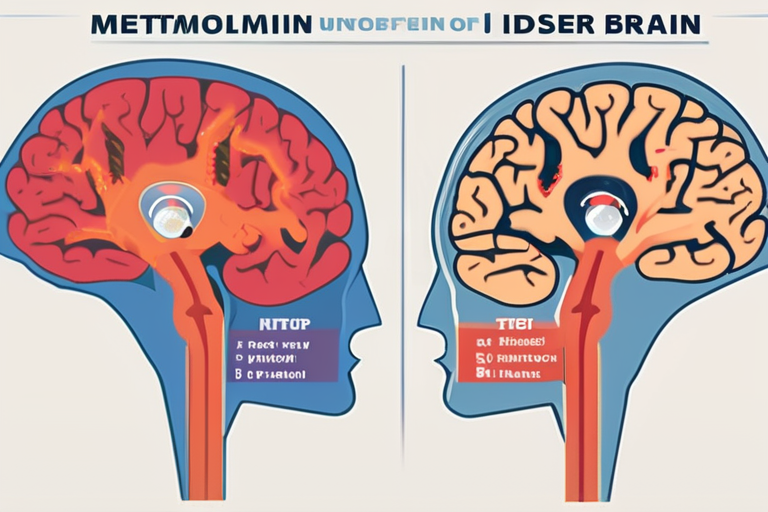

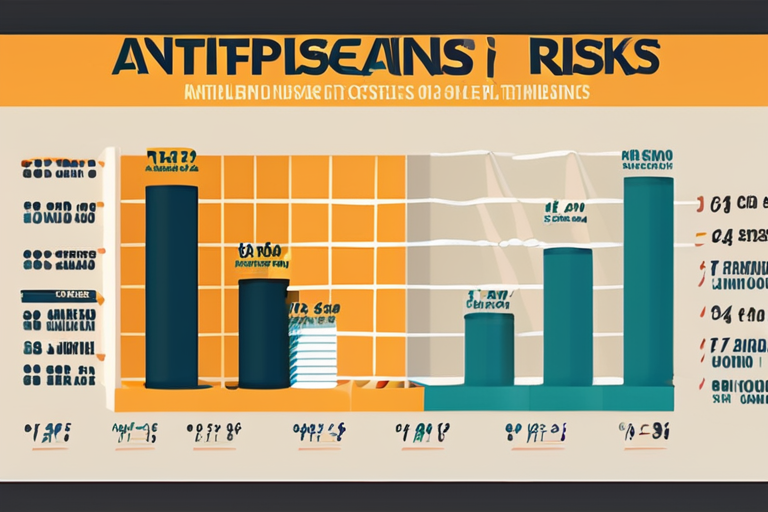
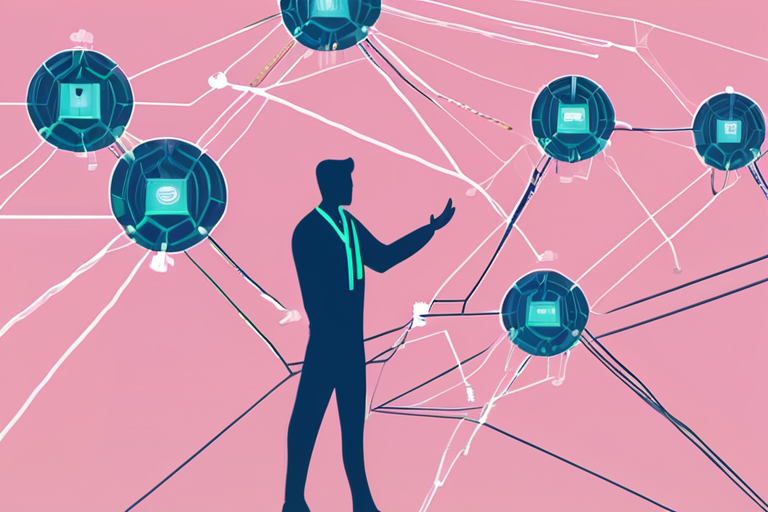
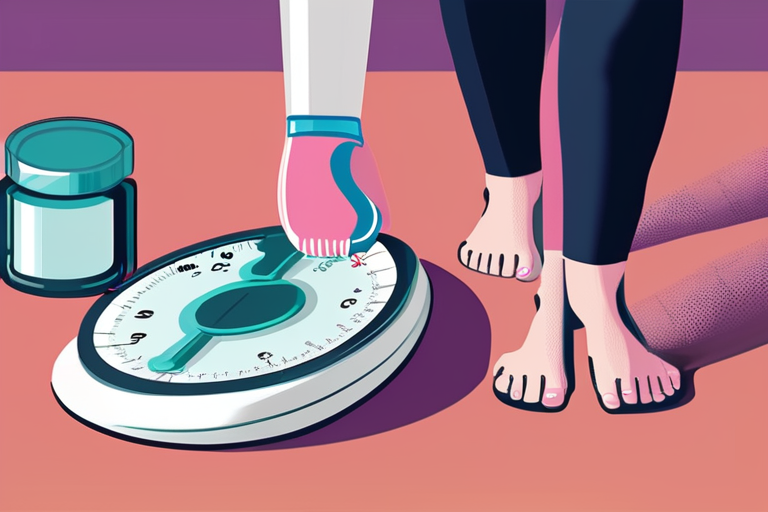



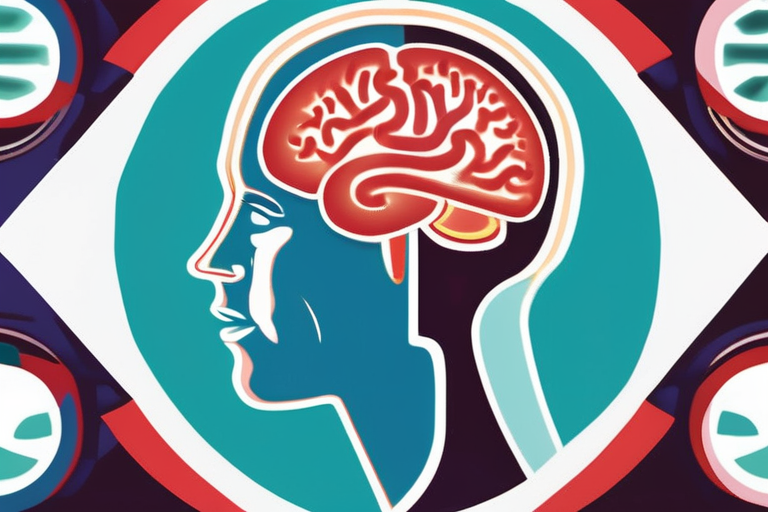

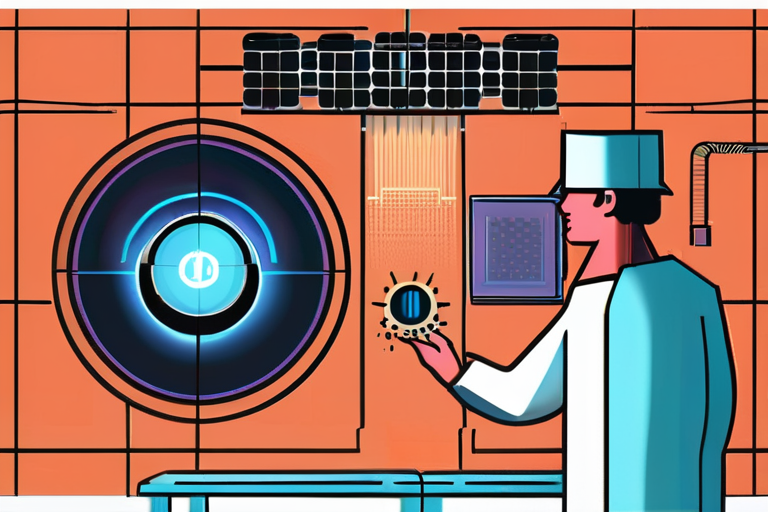
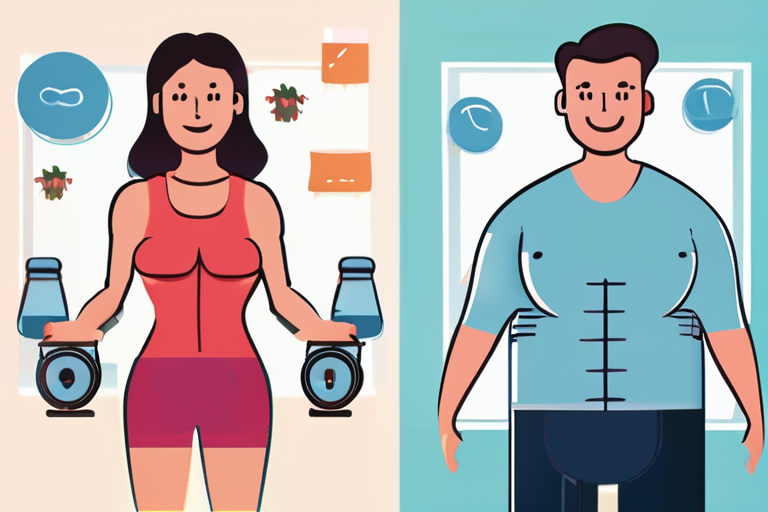
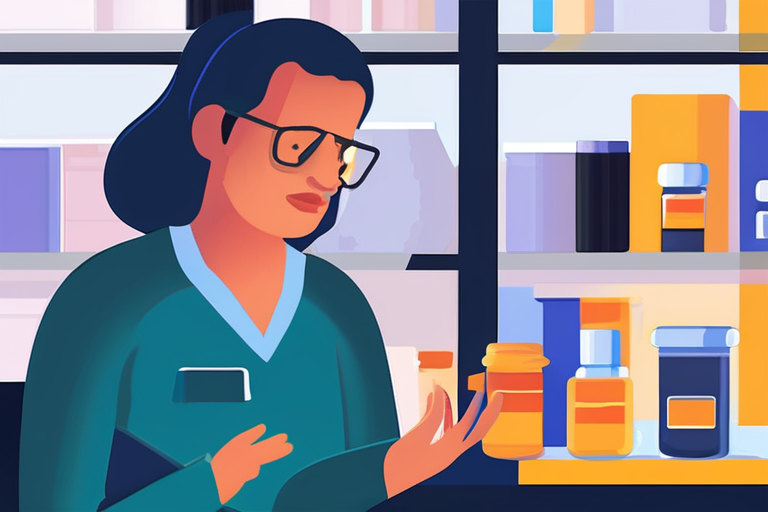
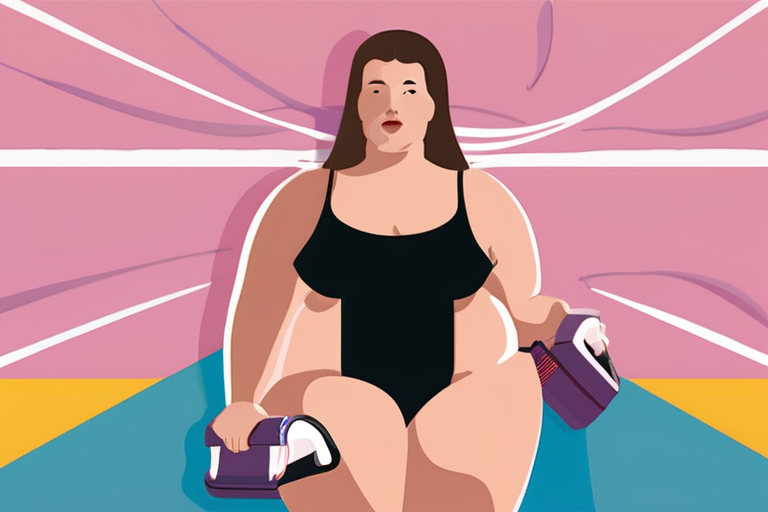


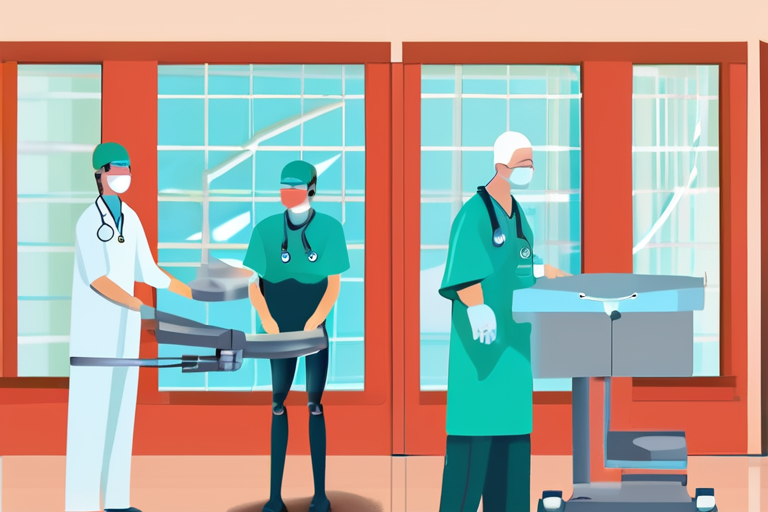
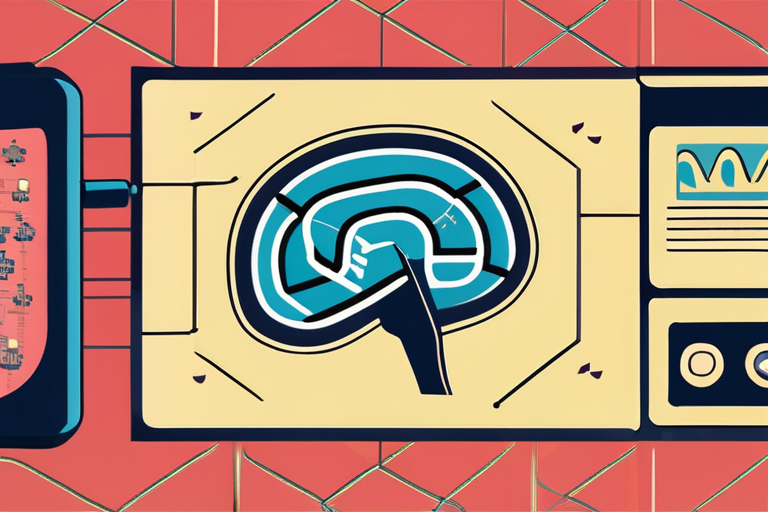
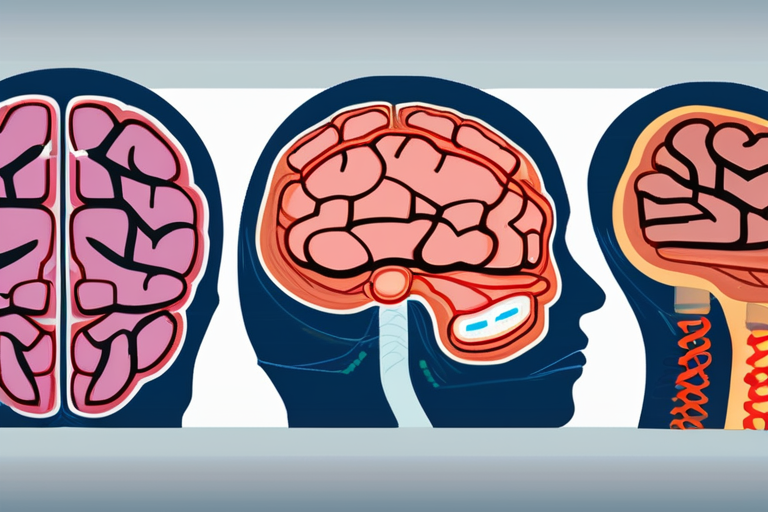

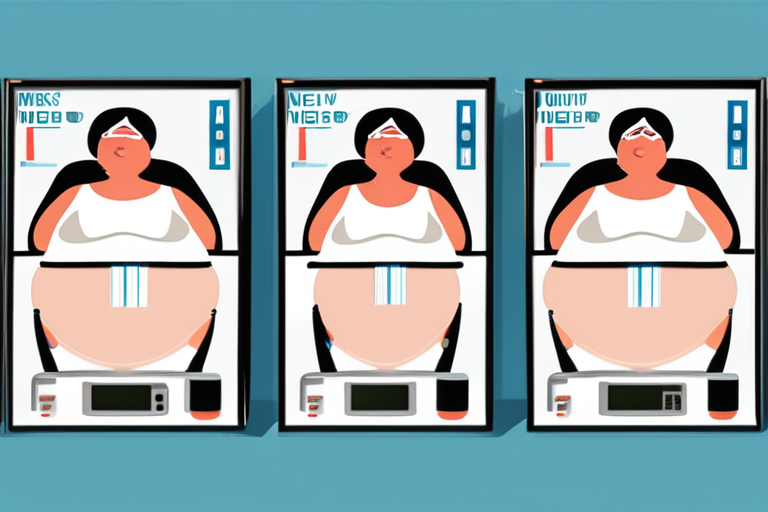

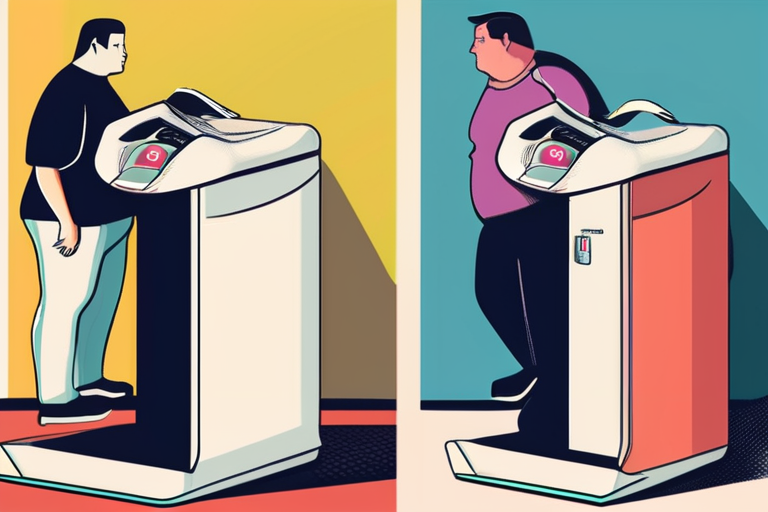
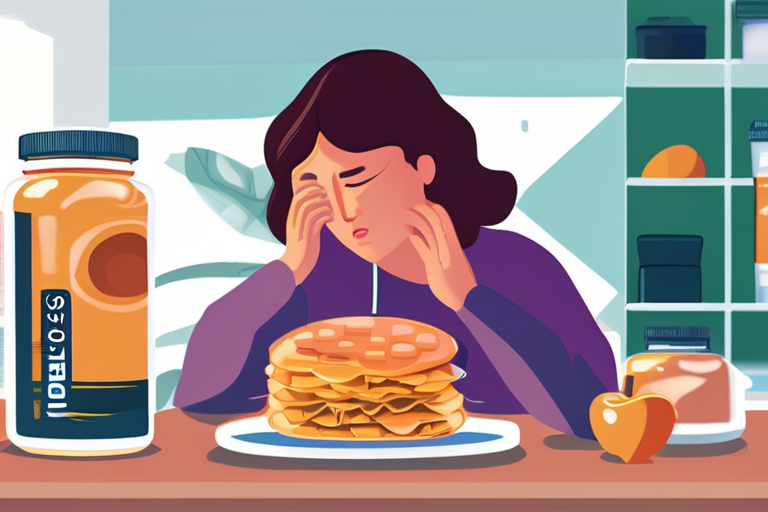
Share & Engage Share
Share this article